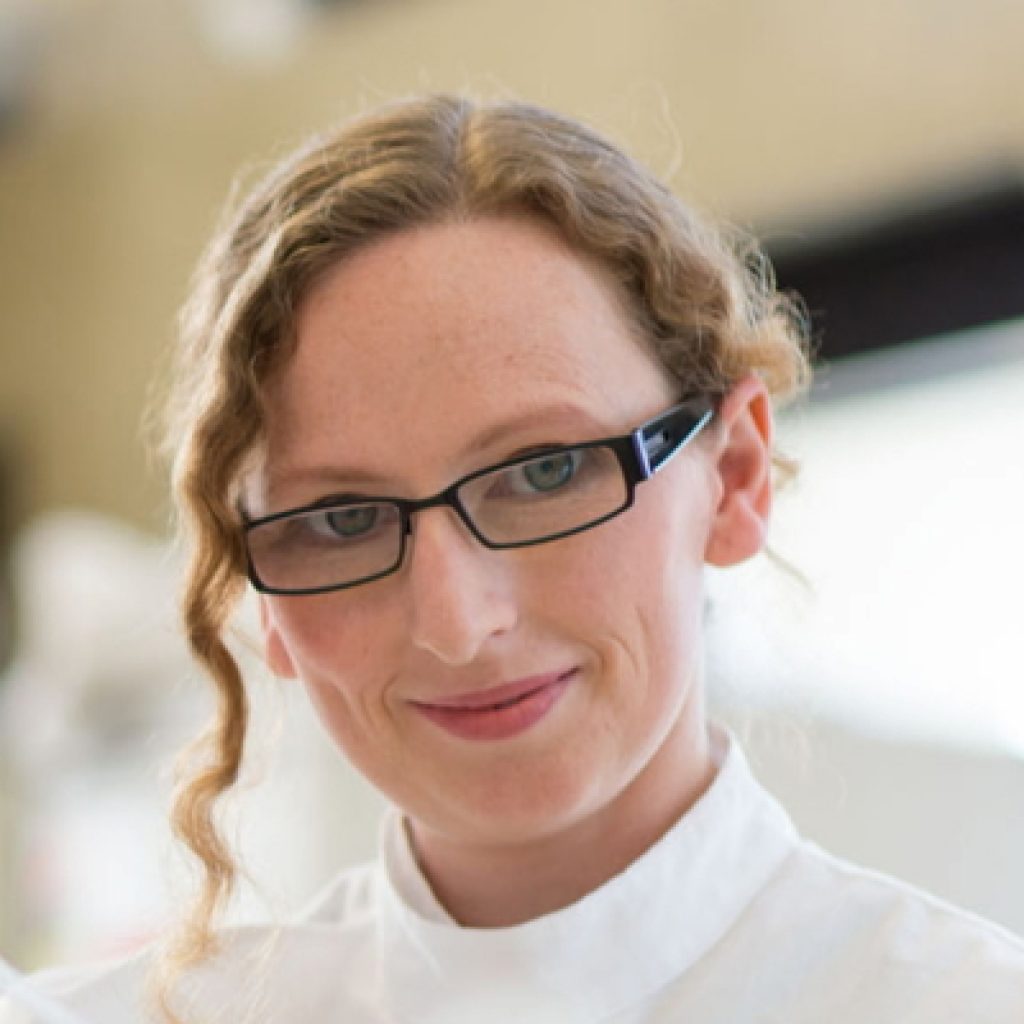Why is your research important and how will it influence the understanding and treatment of MS?
I am excited to lead an MS research program that spans fundamental, preclinical and laboratory research streams. It means that my team can work to better understand the cause and consequences of MS, as well as the cell types that can be most effectively targeted to drive brain repair – but we have a pathway to move that into the clinic, to find out if it can be used to improve the lives of people with MS. This research program engages enthusiastic staff, students, consumers and collaborators and we work together to ensure the knowledge that comes from the research can be put to good use.
